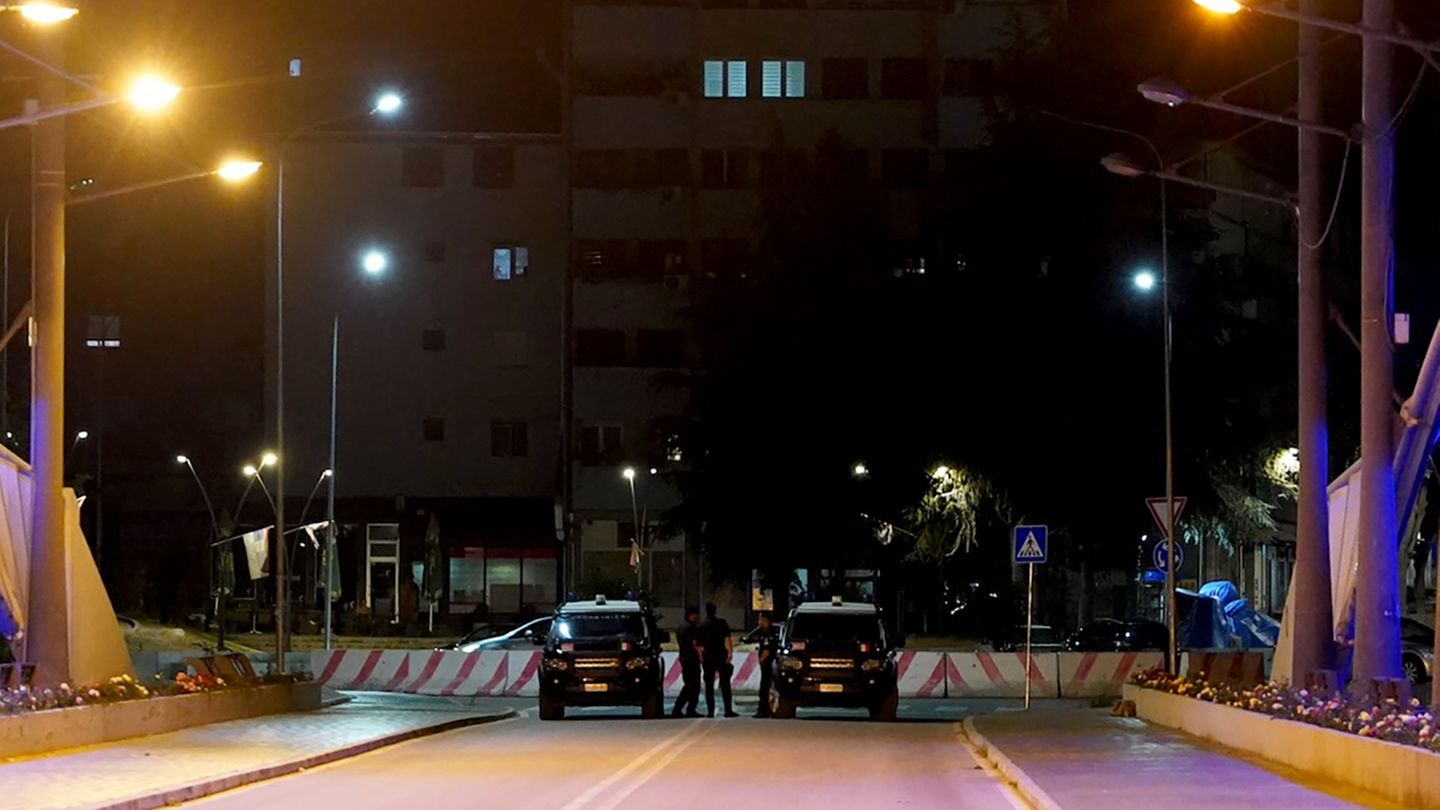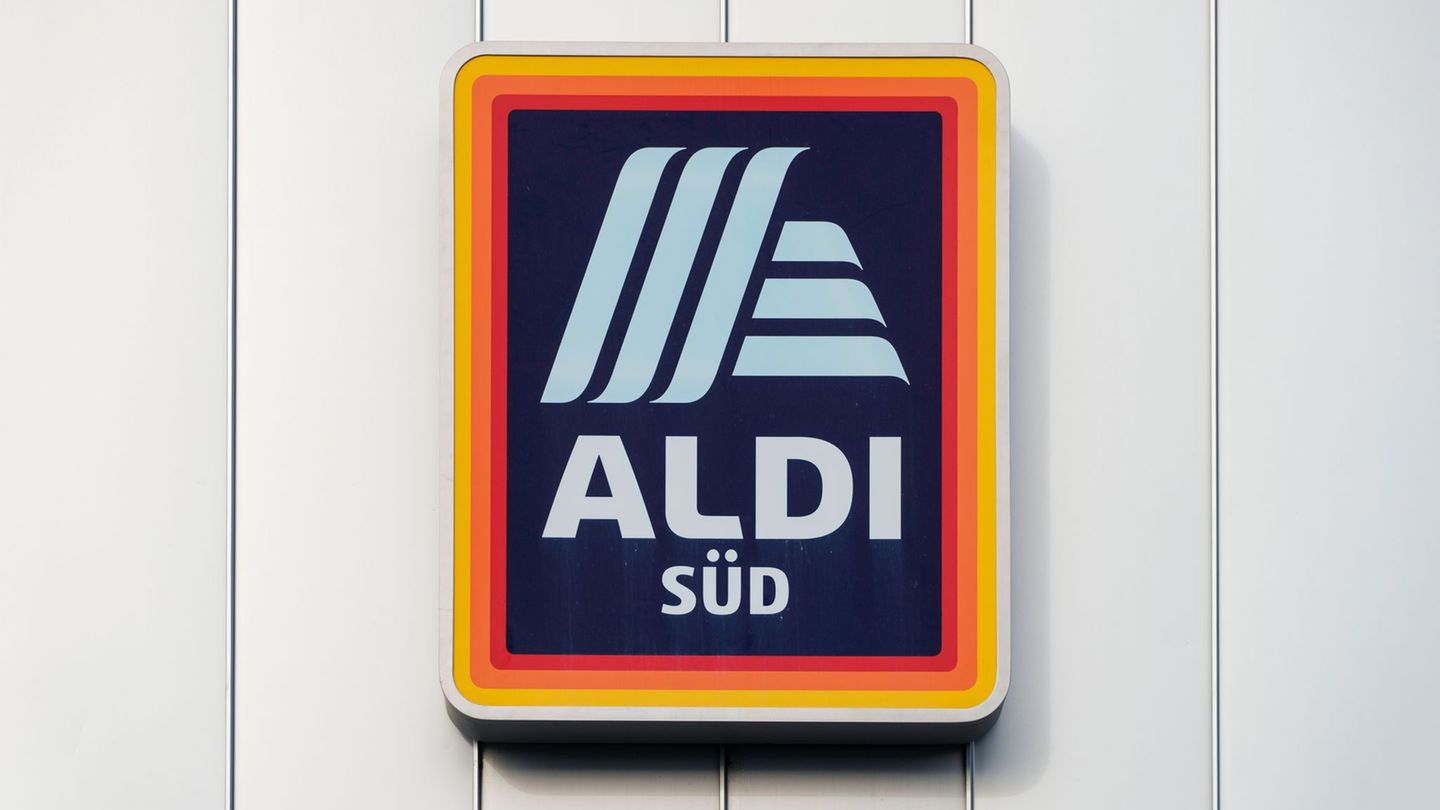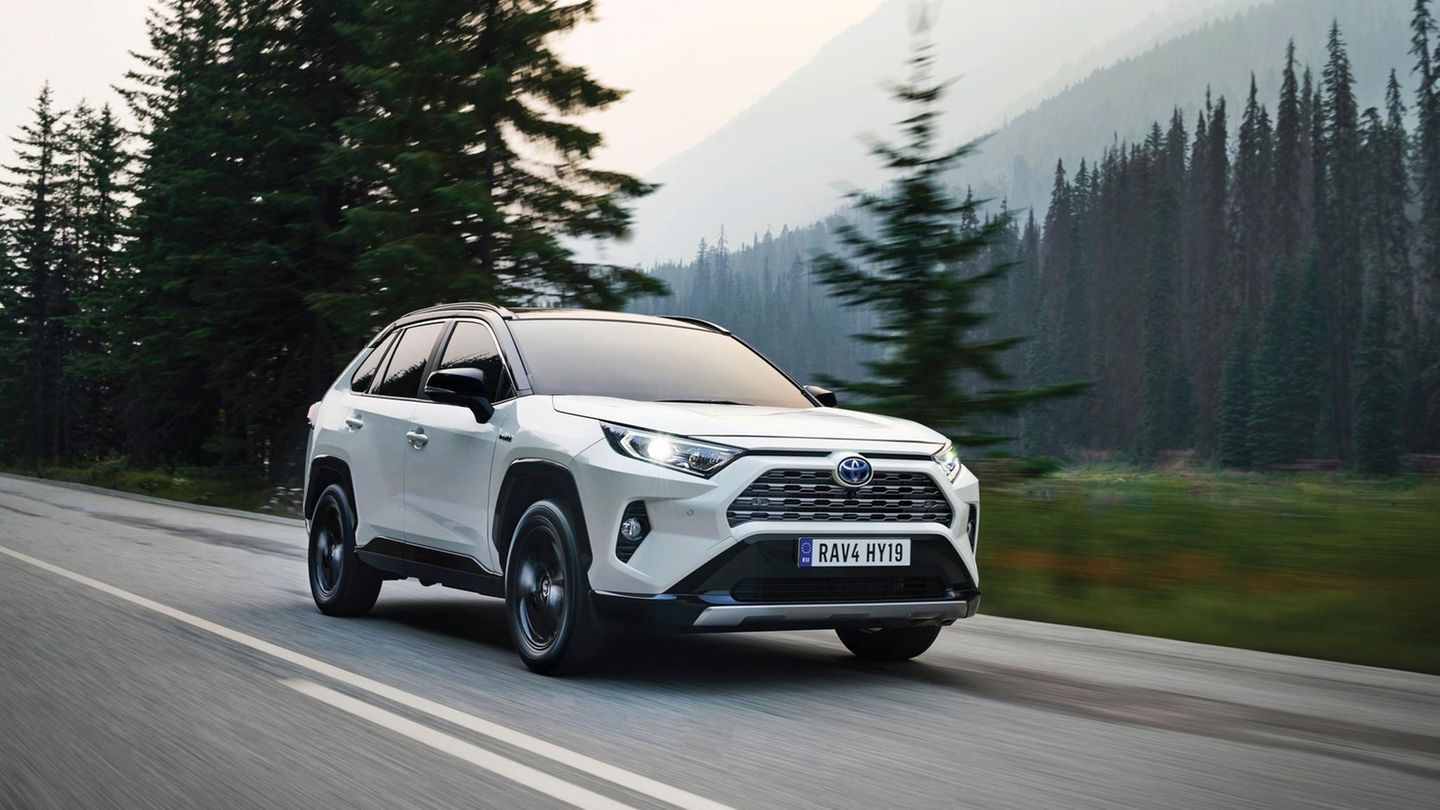Militant Serbs blocked the access roads to two border crossings from Kosovo to Serbia with barricades on Sunday. The reason was displeasure with a planned new regulation for entry into the neighboring country. Even shots are said to have been fired.
After tensions in northern Kosovo near the border with Serbia, Pristina has pledged to postpone a controversial measure on planned border controls for the time being. In cooperation with international allies, his government promises to suspend the implementation of the measures for 30 days, Prime Minister Albin Kurti said on Twitter on Monday night. The prerequisite is that all barricades are removed and complete freedom of movement restored.
The government condemned “the blockade of roads in northern Kosovo” and the firing of shots by armed persons, it said in a statement. Pristina blamed Belgrade for “aggressive actions” throughout the afternoon and evening.
Militant Serbs erected barricades on Sunday in the predominantly Serb-populated north of Kosovo. Unknown persons also fired shots in the direction of Kosovan police officers, but nobody was injured, the police in Pristina said late on Sunday evening.
Kosovo does not want to recognize Serbian personal documents
The tensions arose because the Kosovan authorities no longer wanted to recognize Serbian identity documents at the border crossings from this Monday (00:00 hrs). Serbs with such papers have to have a provisional document issued at the border. According to the Kosovan interpretation, this is a measure based on reciprocity. For a long time now, Kosovar citizens have had to have a provisional document issued when they cross the border into Serbia because the Serbian authorities do not recognize the Kosovar papers. In addition, new rules should apply to the number plates of car owners.
Kurti and the political leadership have maintained contact with US and European representatives and have promised to postpone the start of the planned measures in border traffic to September 1, the government statement said. EU foreign policy chief Josep Borrell and US ambassador to Kosovo Jeff Hovenier had previously spoken out in favor of a postponement.
Borrell welcomed the postponement of the measures on Monday night. “Expect all blocks to be removed immediately,” he wrote on Twitter. Unresolved problems should be resolved through a dialogue mediated by the EU. A normalization of relations between Kosovo and Serbia is essential for their way into the European Union.
The security situation in northern Kosovo was tense, the NATO mission KFOR announced on Sunday evening. She is monitoring the situation closely and, in accordance with her mandate, is “ready to intervene if stability is threatened.” The NATO-led mission focuses every day on guaranteeing a safe environment and freedom of movement for all people in Kosovo.
Kosovo was once part of Serbia
Meanwhile, Russia, which is considered an ally of Serbia, accused Kosovo of “provocations”. The spokeswoman for the Foreign Ministry in Moscow, Maria Zakharova, also said, according to a statement on Sunday evening: “Such a development of events is further evidence of the failure of the mediation mission of the European Union.” In the past, Russia has repeatedly accused European states of years of allegedly unsuccessful mediation in relation to Ukraine and justified its war of aggression against the neighboring country, which began at the end of February, in this context.
Kosovo, now almost exclusively inhabited by Albanians, used to belong to Serbia. In 2008 it declared itself independent. Serbia does not recognize the statehood of Kosovo and claims its territory for itself. The Bundeswehr has also been stationed in Kosovo since 1999 as part of the international mission.
Source: Stern
David William is a talented author who has made a name for himself in the world of writing. He is a professional author who writes on a wide range of topics, from general interest to opinion news. David is currently working as a writer at 24 hours worlds where he brings his unique perspective and in-depth research to his articles, making them both informative and engaging.




